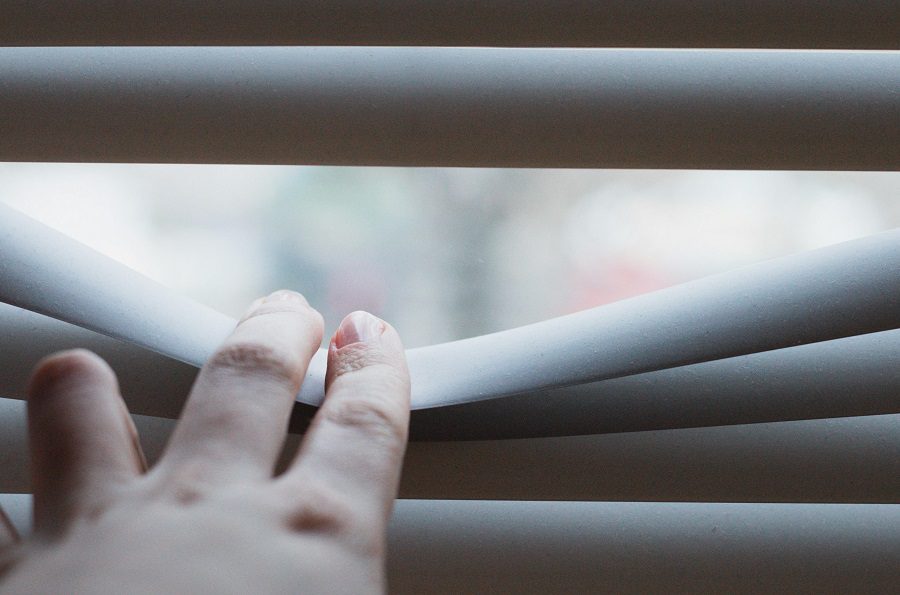Until recently, however, unfair evidence was inadmissible.
However, the Court of Cassation reversed its position in a ruling dated 22 December 2023 (Cass. Ass plén. 22 December 2023 20-20.648).
In this case, an employer had recorded an employee without his knowledge during an informal meeting. The employer then dismissed the employee for gross misconduct on the basis of the comments made during the interview. The employer had no other evidence of the employee’s misconduct. The comments had been obtained unfairly.
Both the Montargis labour tribunal and the Orléans Court of Appeal considered that the recordings had been obtained clandestinely and were therefore inadmissible.
As the employer had not proved misconduct in the absence of these recordings, the dismissal should be declared without real and serious cause.
The way in which evidence is obtained and its content cannot infringe an employee’s privacy.
On appeal by the employer, the Court of Cassation overturned the Court of Appeal’s decision, ruling that, in civil proceedings, the judge must, when asked to do so, assess whether such evidence undermines the fairness of the proceedings, by balancing the right to evidence against the conflicting rights at stake.
With this reversal of its case law, the Cour de cassation wished to align itself with the position of the European Court of Human Rights, holding that the right to evidence may justify the production of evidence that infringes other rights, provided that such production is essential to the exercise of that right and that the infringement is strictly proportionate to the aim pursued.
On the other hand, if the remarks made during an interview recorded without the employee’s knowledge are not essential to the provision of evidence, then the recording must be disregarded.
This is what the Cour de cassation ruled in a decision of 17 January 2024 to set aside the remarks made by an employee to members of the CHSCT concerning alleged moral harassment by the employer.
Since the employee had evidence other than the recording, the non-essential recording had to be excluded from the proceedings.
It should therefore be noted that there is no need to increase the number of clandestine recordings, which will be excluded from the proceedings if they are excessive in relation to the evidentiary objective or if there is other evidence to support the claim.
